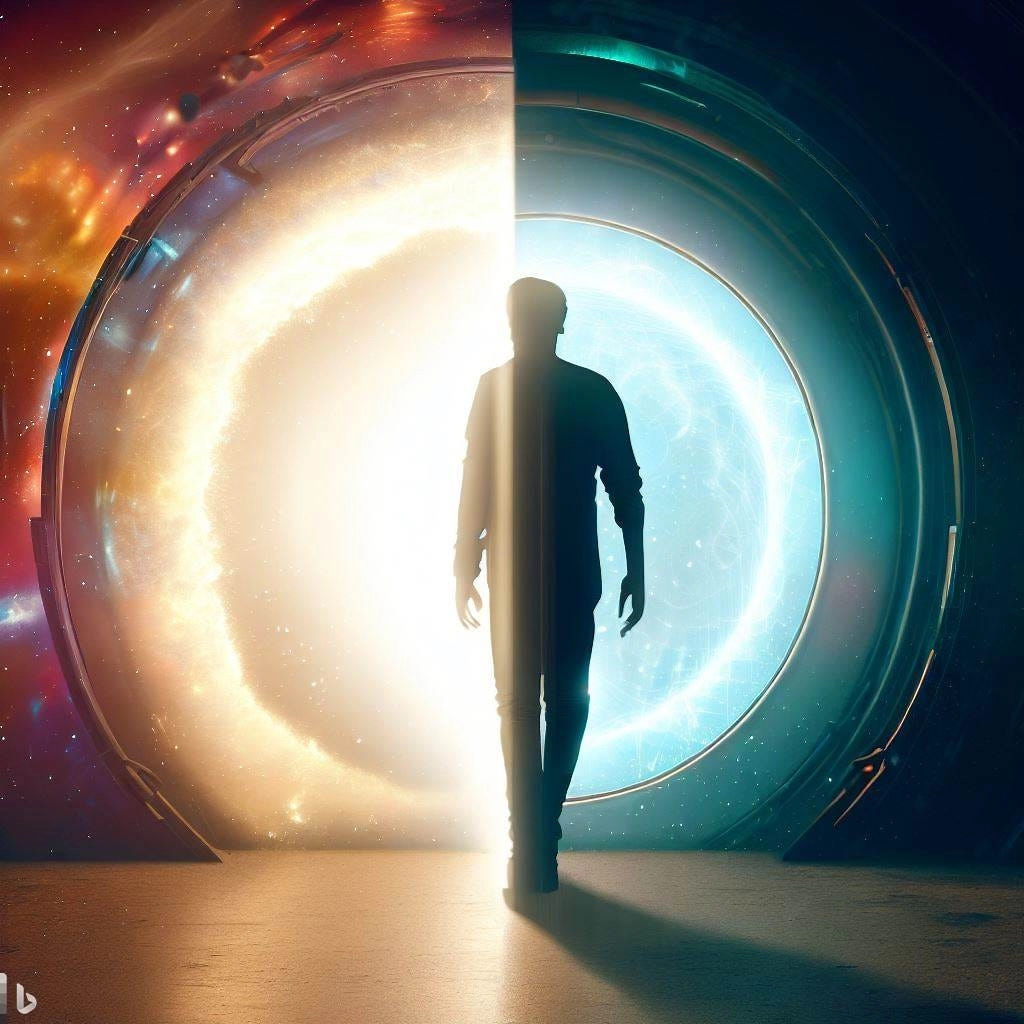Exploring the Possibility of Time Travel
Shweta Singh
Exploring the Possibility of Time Travel
Time travel has long captured the imagination of humanity, permeating literature and scientific discourse. While it remains firmly in the realm of science fiction, theoretical physics provides intriguing insights into its potential feasibility.
Albert Einstein's Theory of Relativity, particularly the concept of space-time, forms the foundation of discussions on time travel. According to General Relativity, massive objects like stars and planets warp the fabric of space-time, influencing the flow of time. This phenomenon, known as Gravitational Time Dilation, suggests that time can be stretched or compressed depending on the gravitational field.
One proposed method for time travel involves traversable wormholes – hypothetical tunnels in space-time connecting two distant points. While the existence of wormholes remains theoretical, their potential utility for time travel has been explored in scientific literature. However, significant challenges, such as their stability and the requirement of exotic matter with negative energy density, cast doubt on their practicality.
Another avenue for time travel arises from the notion of closed time like curves (CTCs) within certain solutions of Einstein's field equations. CTCs theoretically allow for the possibility of travelling back in time by following a loop through space-time. However, their existence depends on the presence of exotic matter or highly specialized geometries, raising questions about their physical plausibility.Furthermore, the grandfather paradox – a staple in time travel fiction – presents a formidable obstacle to the coherence of backward time travel. This paradox posits a scenario in which a time traveller could alter the past in a way that prevents their own existence, creating a logical inconsistency.
Despite these theoretical frameworks, numerous fundamental obstacles hinder the practical realization of time travel. The energy requirements for manipulating space-time on the scale necessary for time travel are currently beyond our technological capabilities. Additionally, the ethical and philosophical implications of altering the past raise profound questions about the consequences of tampering with causality.
In conclusion, while the concept of time travel continues to captivate the human imagination, its realization remains elusive. Theoretical physics offers tantalizing possibilities, from traversable wormholes to closed time like curves, yet significant challenges – both scientific and philosophical – stand in the way. As we delve deeper into the mysteries of the cosmos, the quest to unlock the secrets of time travel will undoubtedly persist, driven by our innate curiosity and desire to explore the boundaries of existence.
Shweta Singh
Class XII
